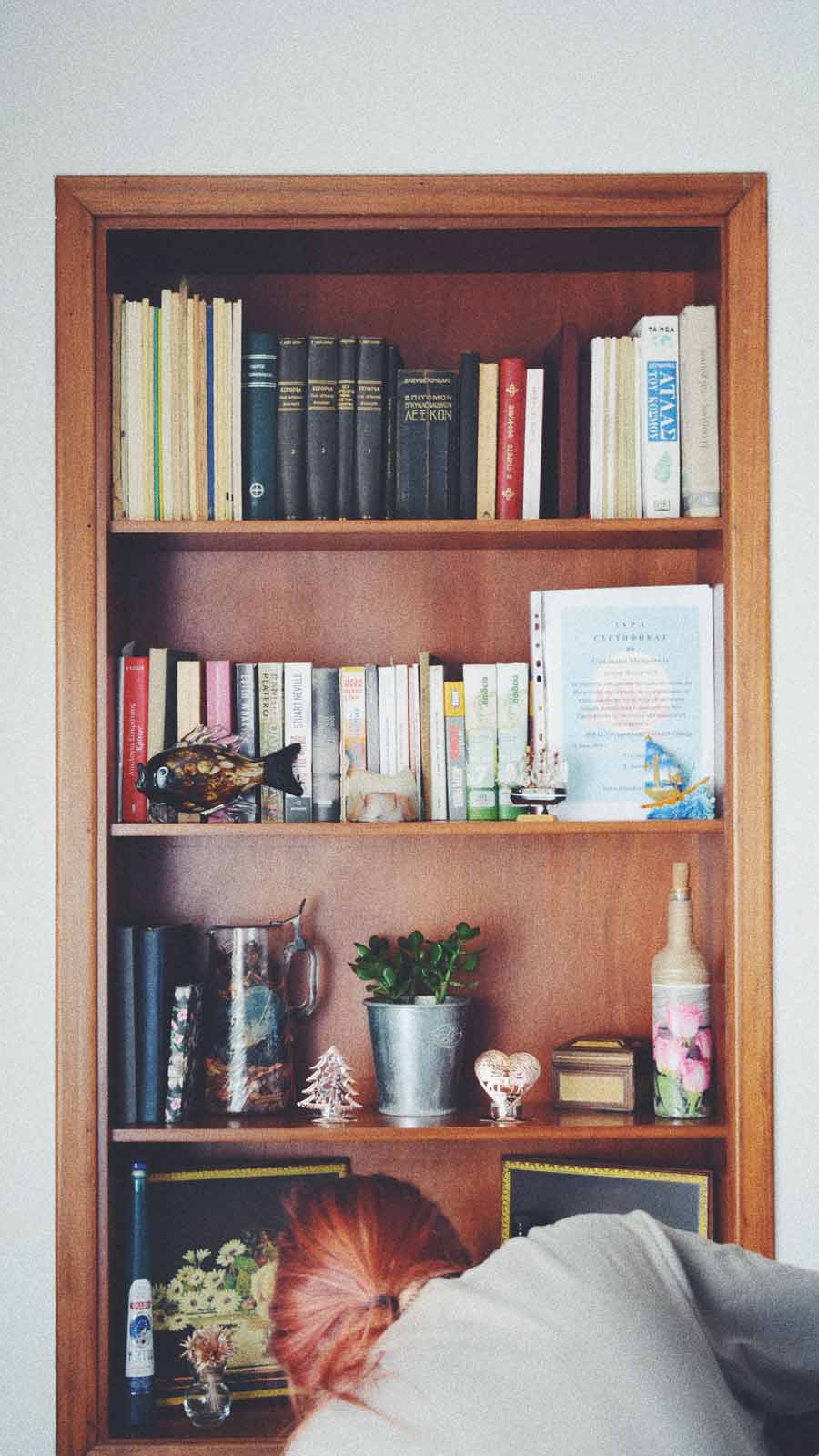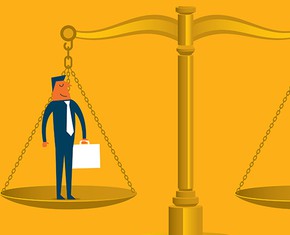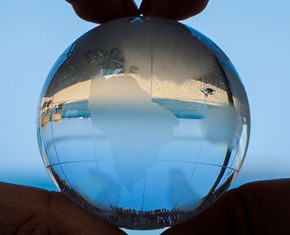The views expressed in our content reflect individual perspectives and do not represent the authoritative views of the Baha'i Faith.
If you’re in the process of tidying up your home, you may have noticed that there’s an interesting connection between decluttering and our spiritual wellbeing.
If you’re a regular Netflix user, as I am, you probably spent the last month reflecting on how many possessions you own, and what you need to do to declutter. Tidying Up with Marie Kondo is a charming and useful show, and it’s sparked a lot of conversation among families and on the internet. We are asking ourselves: is my messiness impacting my way of life? Do I own too many things? Do I even use all the things I own? How can I be better?
In an age of rampant consumerism, it’s wonderful to see that a show can make us stop and reflect on our relationship with material objects. Everyone seems to be struggling to get ahead, and it’s very easy to put detachment out of our minds.
But detachment is an important spiritual quality, according to the Baha’i Faith. Abdu’l-Baha, the son of the Founder of the Baha’i Faith, was very clear about what exactly it means to be free of material attachments:
Detachment does not consist in setting fire to one’s house, or becoming bankrupt or throwing one’s fortune out of the window, or even giving away all of one’s possessions. Detachment consists in refraining from letting our possessions possess us. A prosperous merchant who is not absorbed in his business knows severance. A banker whose occupation does not prevent him from serving humanity is severed. A poor man can be attached to a small thing. – Abdu’l-Baha, Divine Philosophy, p. 135-136.
 Detachment is not something we only need to think about if we are very wealthy: it’s not letting “our possessions possess us”, no matter how few possessions those are.
Detachment is not something we only need to think about if we are very wealthy: it’s not letting “our possessions possess us”, no matter how few possessions those are.
We have an unfortunate tendency to associate our achievements, talents and lifestyle with individual possessions. We are regularly bombarded with ads that associate emotions with clothing, jewelry, shoes and cars. Shopping culture has taken over so much of society, and it’s become a comfortable hobby with the appearance of handheld purchasing ability. Our own identity becomes wrapped up in what we own, rather than who we are.
But the memories and feelings we associate with objects are not tied to material things, but rather to our soul, which will last infinitely longer than anything we own. In fact, the beauty we see in the things around us is only a reflection of God’s own attributes. Abdu’l-Baha said:
Attach not thyself to anything unless in it thou seest the reality of God – this is the first step into the court of eternity. The earth life lasts but a short time, even its benefits are transitory; that which is temporary does not deserve our heart’s attachment. – Abdu’l-Baha, Divine Philosophy, p. 135-136
Many people attach value to things because they have spent so long with nothing, and material riches represent their victory over poverty. Others consider clothing, and the ability to never wear something twice, a status symbol. Others have never really thought about it… and only continue to accumulate possessions.
To develop a detached way of thinking takes a concerted effort to separate our material objects from what we perceive to have gained. I find that easy access to shopping apps, and a culture that markets “retail therapy” can easily pull me into a cycle of amassing objects I don’t need. My strategy to fight this is to try to think of things as tools: do they really have a purpose in my life? And if what I want to buy is merely for comfort or beauty, do I really need it? Should I give something away to make space for it?
This helps me assign value to things merely for their usefulness in the moment, rather than ascribing a sense of triumph to owning them. After all, in the grand scope what really matters is intangible, and intimately tied to our connection with God—which, in the end, will be the only thing we take with us from this world.
We can appreciate without attaching ourselves to the things of this world. It sometimes happens that if a man loses his fortune he is so disheartened that he dies or becomes insane. While enjoying the things of this world we must remember that one day we shall have to do without them. – Abdu’l-Baha, Divine Philosophy, p. 135-136
As we can see on television, and in our own lives, it’s often very difficult to part from our possessions unless we have much practice. And the hardest part isn’t the logistics of going through all our belongings and sorting them—it’s accepting that our belongings aren’t as important as we think they are, and that in freeing ourselves from that attachment, we make more time for the most important part of our lives: our spiritual development, and our relationship to God.
That’s not to say, of course, that in the name of detachment we must give away everything we own and go live in a cave. We all have the capacity to know how much is too much, and look forward to how much more we can grow in detachment. In the end, it isn’t about how much we own, but what meaning we ascribe to what we own. To enjoy what we have, but not see it as the purpose of our lives. And to see our lives as spiritual, not material.
Should a man wish to adorn himself with the ornaments of the earth, to wear its apparels, or partake of the benefits it can bestow, no harm can befall him, if he alloweth nothing whatever to intervene between him and God, for God hath ordained every good thing, whether created in the heavens or in the earth, for such of His servants as truly believe in Him. Eat ye, O people, of the good things which God hath allowed you, and deprive not yourselves from His wondrous bounties. Render thanks and praise unto Him, and be of them that are truly thankful. – Baha’u’llah, Gleanings from the Writings of Baha’u’llah, p. 276
















Comments
Sign in or create an account
Continue with Googleor